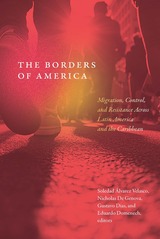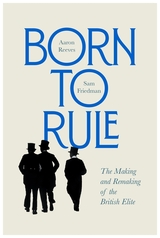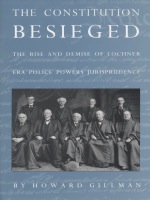
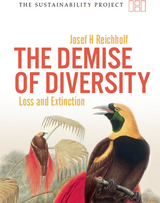



Perhaps no event in American history arouses more impassioned debate than the abolition of slavery. Answers to basic questions about who ended slavery, how, and why remain fiercely contested more than a century and a half after the passage of the Thirteenth Amendment. In The Long Emancipation, Ira Berlin draws upon decades of study to offer a framework for understanding slavery’s demise in the United States. Freedom was not achieved in a moment, and emancipation was not an occasion but a near-century-long process—a shifting but persistent struggle that involved thousands of men and women.
“Ira Berlin ranks as one of the greatest living historians of slavery in the United States… The Long Emancipation offers a useful reminder that abolition was not the charitable work of respectable white people, or not mainly that. Instead, the demise of slavery was made possible by the constant discomfort inflicted on middle-class white society by black activists. And like the participants in today’s Black Lives Matter movement, Berlin has not forgotten that the history of slavery in the United States—especially the history of how slavery ended—is never far away when contemporary Americans debate whether their nation needs to change.”
—Edward E. Baptist, New York Times Book Review
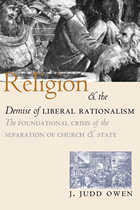
J. Judd Owen answers these questions with a remarkable critical analysis of four twentieth-century liberal and postliberal thinkers: John Dewey, John Rawls and, most extensively, Richard Rorty and Stanley Fish. His unique readings of these theorists and their approaches to religion lead him to conclusions that are meticulously constructed and surprising, arguing against the perception of liberalism as simple moral or religious neutrality, calling into question the prevailing justifications for separation of church and state, and challenging the way we think about the very basis of constitutional government.
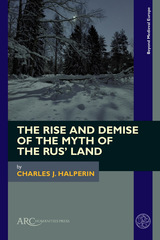
The concept of the Rus’ Land (russkaia zemlia) became and remained an historical myth of modern Russian nationalism as the equivalent of “Russia,” but it was actually a political myth, manipulated to provide legitimacy. Its meaning was dynastic—territories ruled by a member of the Riurikid/Volodimerovich princely clan. This book traces the history of its use from the tenth to the seventeenth century, outlining its changing religious (pagan to Christian) and geographic elements (from the Dnieper River valley in Ukraine in Kievan Rus’ to Muscovy in Russia) and considers alternative “land” concepts which failed to rise to the ideological heights of the Rus’ Land. Although the Rus’ Land was never an ethnic or national concept, and never expanded its appeal beyond an elite lay and clerical audience, understanding its evolution sheds light upon the cultural and intellectual history of the medieval and early modern East Slavs.
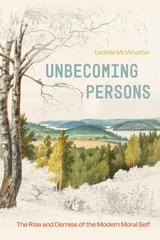
In the face of ecological crisis, economic injustice, and political violence, the moral demands of being a good person are almost too much to bear. In Unbecoming Persons, Ladelle McWhorter argues that this strain is by design. Our ideas about personhood, she shows, emerged to sustain centuries of colonialism, slavery, and environmental destruction. We must look elsewhere to find our way out.
This history raises a hard question: Should we be persons at all, or might we live a good life without the constraints of individualism or the illusion of autonomy? In seeking an answer, McWhorter pushes back on the notion of our own personhood—our obsession with identity, self-improvement, and salvation—in search of a better way to live together in this world. Although she finds no easy answers, McWhorter ultimately proposes a new ethics that rejects both self-interest and self-sacrifice and embraces perpetual dependence, community, and the Earth
READERS
Browse our collection.
PUBLISHERS
See BiblioVault's publisher services.
STUDENT SERVICES
Files for college accessibility offices.
UChicago Accessibility Resources
home | accessibility | search | about | contact us
BiblioVault ® 2001 - 2026
The University of Chicago Press


